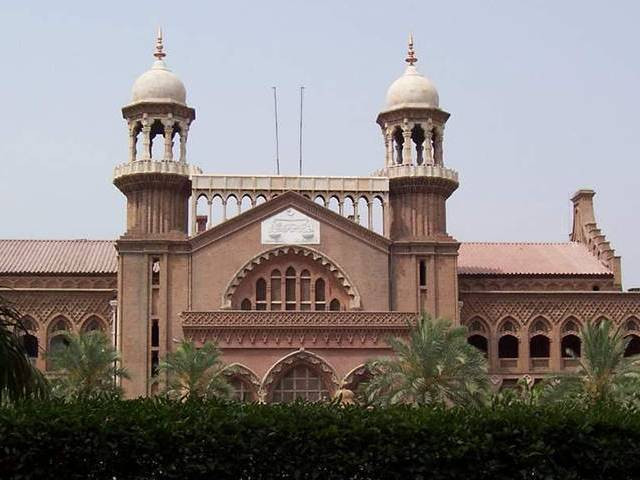LAHORE:
A writ petition has been filed in the Lahore High Court challenging a specific clause in the recent Election (Amendment) Ordinance 2024, signed by Acting President Yousaf Raza Gillani. The petition contends that the ordinance violates the doctrine of judicial independence as outlined in Articles 2-A and 175 of the Constitution.
Mashkoor Hussain, the petitioner, submitted the plea through his advocate Nadeem Sarwar, requesting the court to suspend the operation of the ordinance until the final resolution of the petition.
“The acting President signed the Election (Amendment) Ordinance 2024 on the advice of Prime Minister Shehbaz Sharif, following approval by the federal cabinet,” Hussain stated in his petition.
The disputed clause in the ordinance stipulates:
“For the trial of election petitions under this Act, the Commission shall appoint as many Election Tribunals as may be necessary for swift disposal of election petitions. An Election Tribunal shall comprise— (a) in the case of an election to an Assembly or the Senate, a person who is or has been a Judge of a High Court; and (b) in the case of an election to a local government, a District and Sessions Judge or a person who is or has been an Additional District and Sessions Judge. In the case of the appointment of a sitting judge as an Election Tribunal, the commission shall consult with the Chief Justice of the High Court concerned.”
Hussain argued that the ordinance is unconstitutional and a blatant violation of the principles established by the Supreme Court of Pakistan. “The right to access justice through an independent judiciary is a fundamental right. Without an independent judiciary, the fundamental rights enshrined in the Constitution are meaningless,” he asserted.
Also read: Gillani signs election, NAB ordinances
He further contended, “The legislature is competent to legislate, but such legislation would not be sustainable if it is contrary to the principle of judicial independence as mentioned in Article 2-A of the Constitution. The independence of the judiciary is a salient feature of our Constitution.”
The petition highlights that the preamble to the Constitution, along with the Objectives Resolution now part of the Constitution via Article 2-A, mandates the full security of judicial independence. The superior courts have elaborated on the terms ‘fully’ and ‘secured’ to reinforce the concept of judicial independence.
“Our country’s federal system of government is based on a trichotomy of power. Each state organ must function within constitutional bounds. Although the judiciary is often seen as the weakest limb due to its lack of resources or power compared to the legislature or the executive, it plays a crucial role in ensuring constitutional compliance,” Hussain’s petition stated.
The petition emphasises that Election Tribunals, under Article 175(3) of the Constitution, should be managed and regulated by laws relating to the courts in Pakistan. “The question arises whether an Election Tribunal enjoys independence in appointing its members,” Hussain said, adding that Tribunals should not be under executive control.
“The ordinance stipulates that the commission will consult with the Chief Justice of the concerned high court only for the appointment of a sitting judge, which breaches the doctrine of judicial independence from the executive. This is ultra vires of the Constitution of the Islamic Republic of Pakistan 1973,” Hussain concluded.







